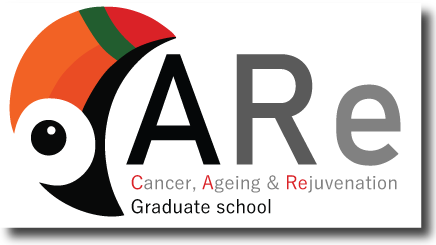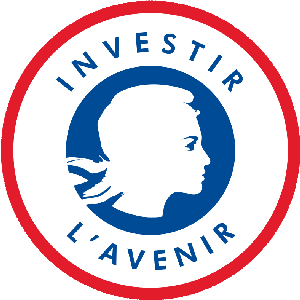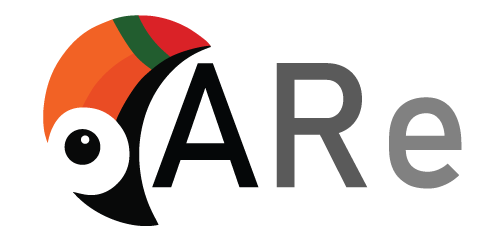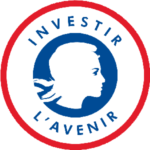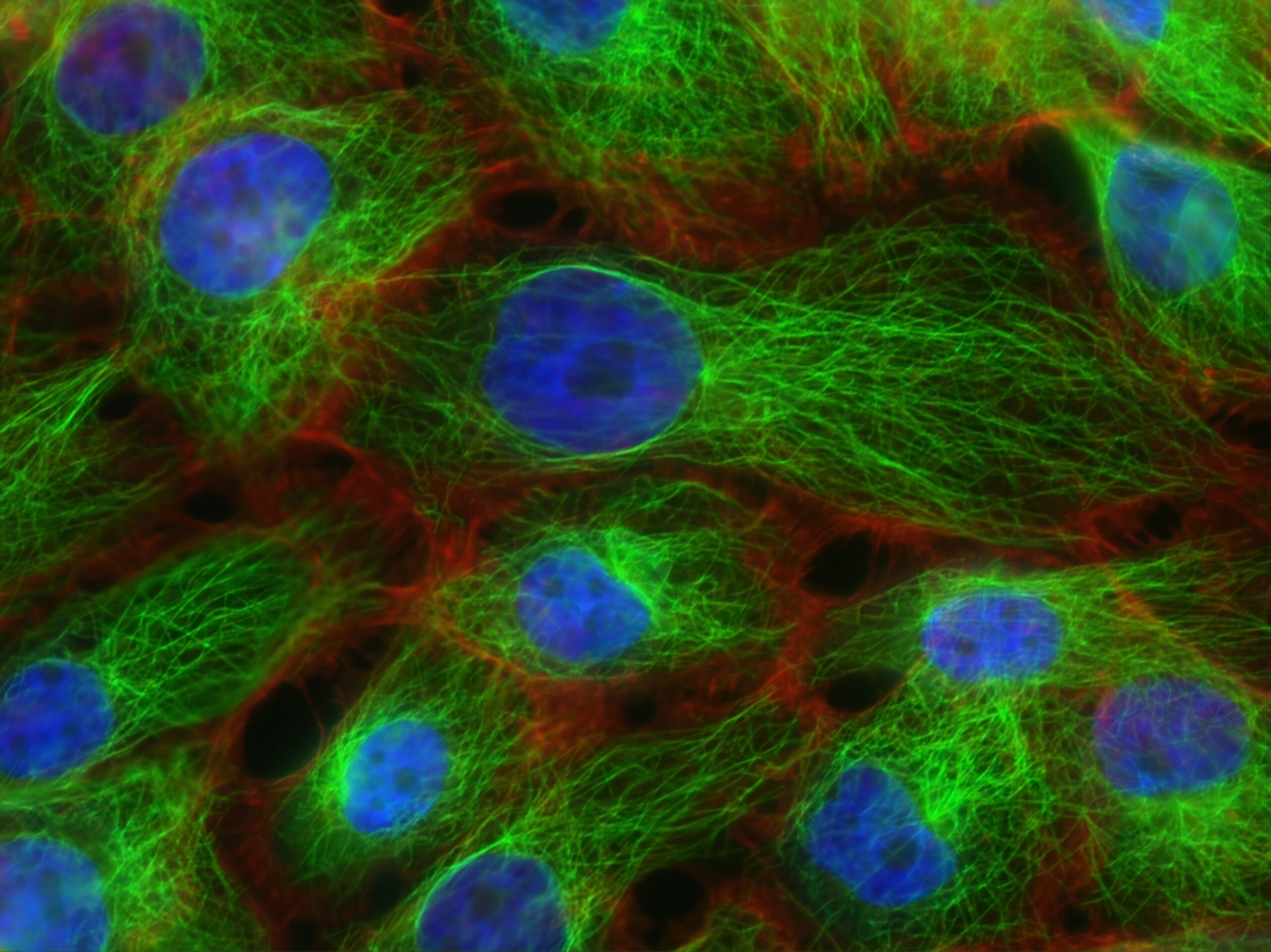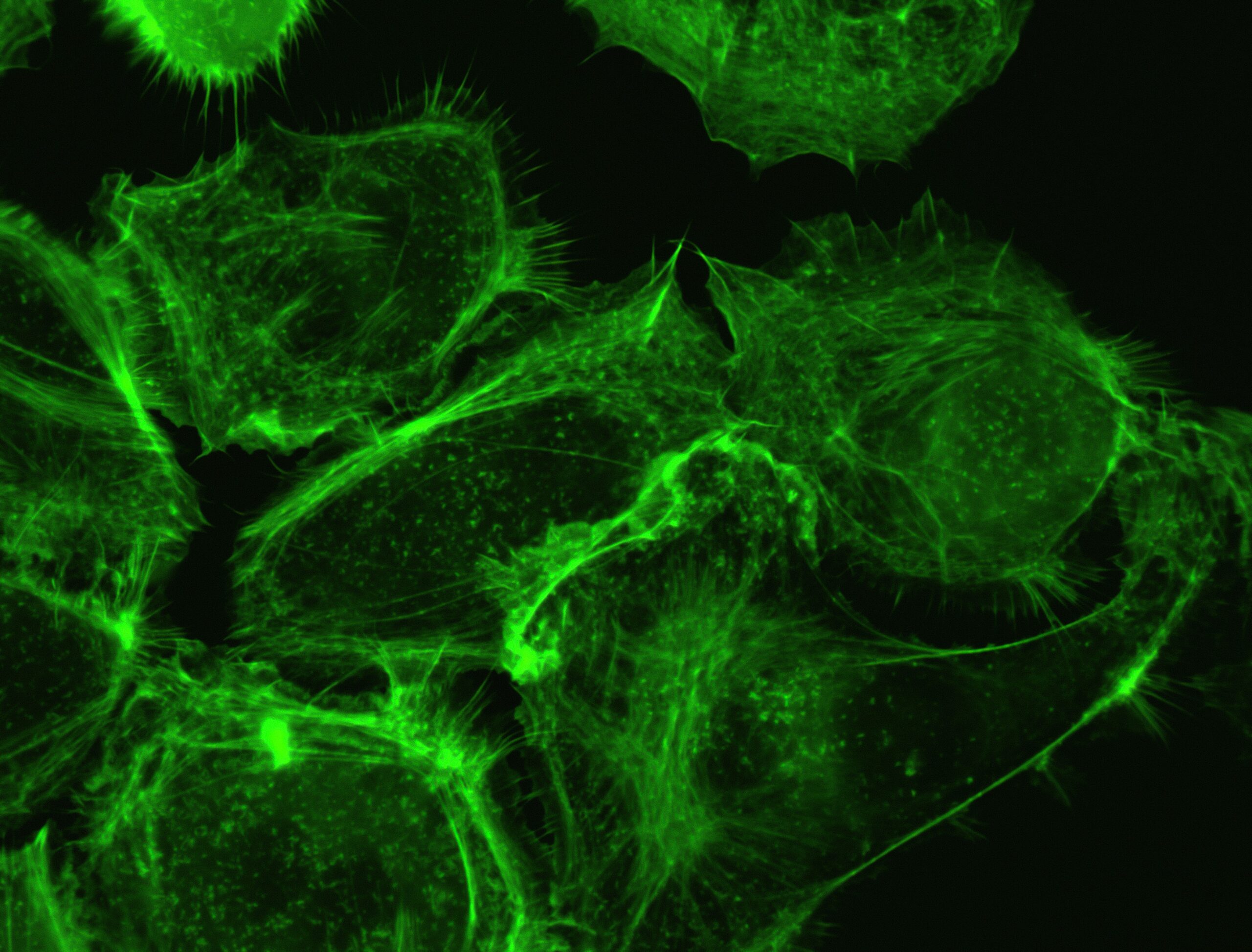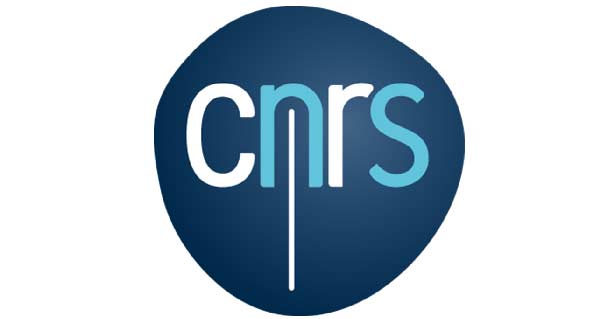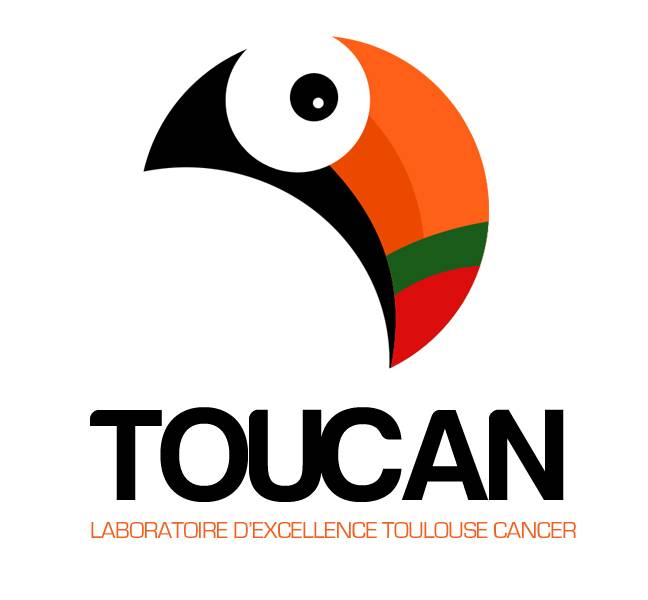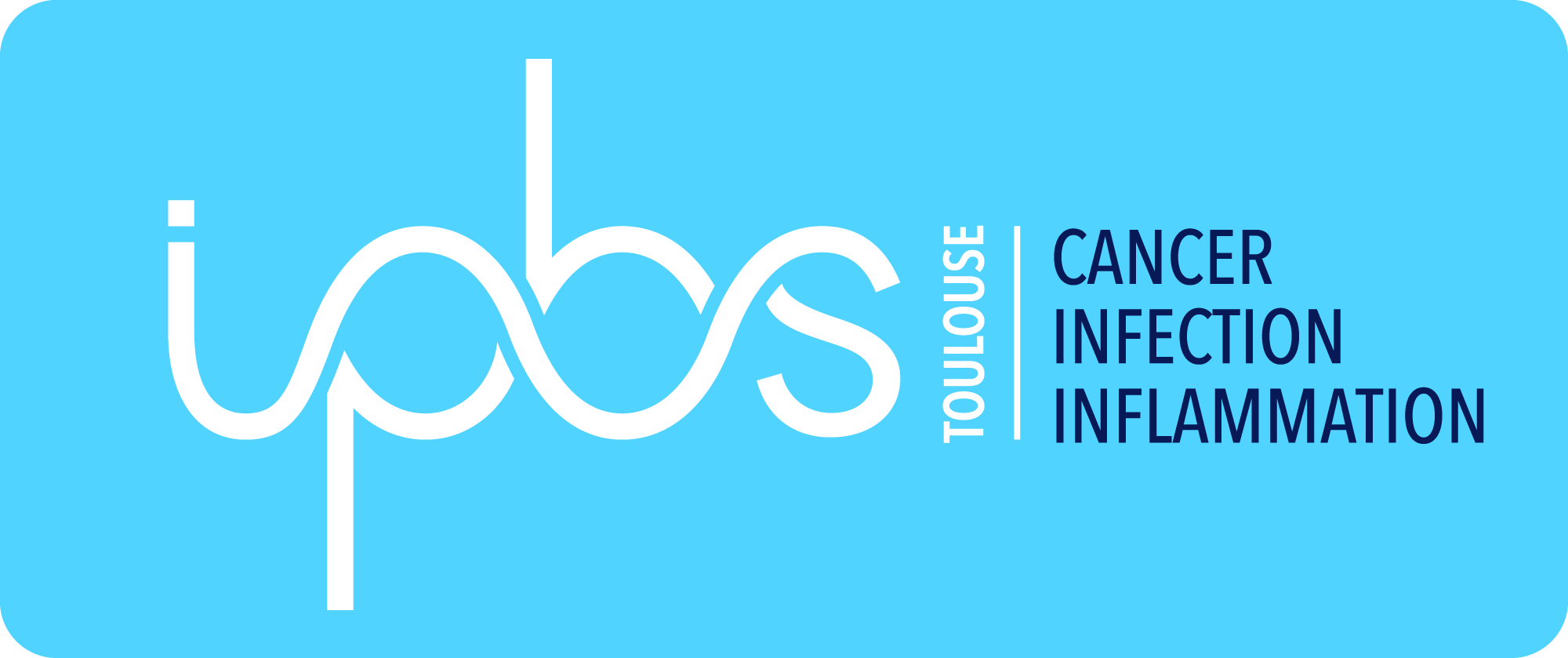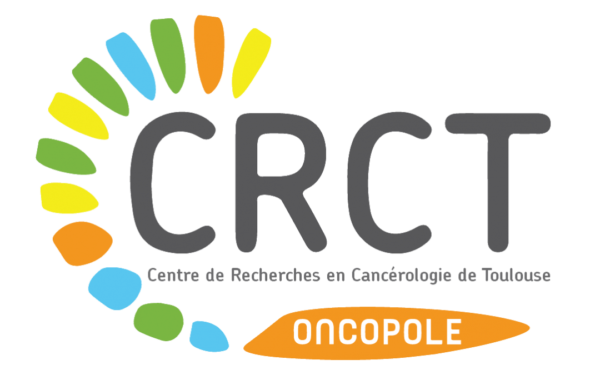2026 Call for PhD proposals
The CARe Graduate School’s PhD program is devoted to the training of students in multidisciplinary research topics, from basic science to clinical or pharmacological applications, with a focus on cancer, ageing and/or rejuvenation. PhD research projects are directed by CARe-associated research teams from academic laboratories or partner companies. The EUR CARe PhD program selection has two phases:
Phase 1: PhD pre-proposals will be submitted to Christa Rachelle Joseph () using this template, before evaluation and selection by the CARe Scientific Committee. Deadline for applications is February 27th, 2026.
Applications must fall within the fields of cancer, aging, and/or rejuvenation and will be evaluated by two reviewers with complementary expertise. Multidisciplinarity is mandatory, and proposals must lie at the interface of complementary disciplines such as biology, medicine, mathematics, computer science, chemistry, or physics. Proposals must clearly center the multidisciplinarity on the student. Examples are students trained in chemistry, physics, computer science, or mathematics addressing complex biological questions by developing new molecules, tools, technologies, or models, possibly involving bench work. Alternatively, students with a background in biology could be trained in advanced bioinformatics or engineering to develop new algorithms or devices that would later be tested and validated in experimental biological settings. Conversely, the use of pre-existing bioinformatics tools or devices is not considered interdisciplinary.
Partnerships between teams from different doctoral schools, and/or foreign universities or industry are strongly encouraged (see scoring below). A short internship abroad (3 to 6-month) is mandatory, the nature of which should be briefly mentioned at this step. The travel and accommodation will be funded by the CARe program.
The scoring system (out of 10) is the following:
- Scientific quality of the proposal (6 points)
- Co-supervision (max. 4 points) by teams from different doctoral schools (2 points), or with foreign university or industry (4 points).
NB: The candidates should not be formally identified at this step.
Upon acceptance, the proposers will be informed on March 6th, 2026, and the proposals will be posted on-line on the CARe’s website and social networks.
Phase 2: PhD candidates for the preselected projects will submit the full proposal to Christa Rachelle Joseph () using this template.
At this step, PhD candidates must be identified and are asked to send a complete CV. In addition, it is mandatory to provide a full description of the 3-6 months internship, including a signed certificate from the hosting foreign university or from industry.
The files must be submitted as a single PDF before May 8th, 2026. Applicants will defend their proposal in early June 2026, in front of a jury representative of the CARe Graduate School, with delegates from Toulouse partner doctoral schools.
The audition will consist of 12 minutes of presentation and 15 minutes of questions. The presentation and the answers to questions must be done in English.
The presentation must include, in this order, 1 title slide, 1 slide presenting the candidate. The rest of the slides are dedicated to the presentation of the project (scientific justification of the research project, strategy, methodology, feasibility and risk management), including a description of the internship abroad or in industry. The following criteria will be evaluated by the jury: discussion of a previous research experience, quality of the oral presentation and of the response to questions.
